
Post by : Vansh
In an era marked by global uncertainty, the question of whether nations will choose diplomacy or disruption has never been more critical. From economic disputes and territorial conflicts to environmental crises and cyber warfare, the modern world stands at a tipping point. How countries respond—through dialogue or confrontation—will shape the future of international relations for decades to come.
The tug of war between nations is no longer just about military power or political ideology. It’s about how effectively world leaders can communicate, compromise, and cooperate amid growing tensions. As crises escalate and alliances shift, the role of diplomacy becomes both more complicated and more necessary.
Diplomacy is the art of managing relationships between countries through peaceful negotiation and dialogue. Traditionally, it has played a vital role in preventing wars, building trade partnerships, and creating international agreements on issues like climate change, nuclear weapons, and human rights.
In today’s divided world, diplomacy remains the most effective tool for conflict resolution. Whether it’s nuclear talks between the U.S. and North Korea, peace negotiations in the Middle East, or climate agreements at the United Nations, diplomacy provides a platform where countries can express differences without resorting to force.
However, diplomacy has its limits. In a highly connected world, misunderstandings can spread quickly through media or political rhetoric, undermining progress. Countries now face the challenge of engaging in constructive diplomacy while navigating misinformation, economic pressures, and domestic unrest.
On the other end of the spectrum lies disruption—a term that describes actions taken by states that challenge international norms or provoke instability. From invasions and trade wars to cyberattacks and propaganda campaigns, disruptive behavior can derail years of diplomatic progress in an instant.
One example is the ongoing conflict in Eastern Europe, where military aggression has replaced peaceful negotiation. The rise of authoritarian regimes, economic sanctions, and global mistrust has further widened the gap between nations, making diplomacy or disruption the defining question of our time.
Disruption doesn’t always come from traditional warfare. Cybersecurity threats, such as election interference or data breaches, are now powerful tools of modern conflict. These digital disruptions can weaken alliances, manipulate public opinion, and damage international trust—all without a single shot being fired.
Another key area in the tug of war between nations is economic diplomacy. Trade policies, tariffs, and sanctions have become common tools used by countries to exert pressure or defend their interests. However, these tools can either encourage cooperation or spark confrontation.
For example, the U.S.–China trade war had ripple effects across the global economy. Though both nations eventually returned to negotiations, the disruption caused lasting damage to international supply chains and economic growth. Similarly, sanctions against countries like Iran or Russia have had significant political and humanitarian impacts.
Economic diplomacy is about more than just money—it’s a form of power. When used wisely, it can lead to peaceful resolutions. When abused, it can drive nations further apart and increase the risk of conflict.
The rise of digital communication has transformed diplomacy in the 21st century. Leaders now address the world through social media, creating new opportunities—and risks—for global dialogue.
Public diplomacy, which involves engaging with foreign populations directly, has become an essential tool. Countries use soft power strategies such as cultural exchange, education, and global events (like the Olympics or World Expos) to influence global perceptions.
At the same time, disinformation campaigns, political trolling, and biased media have fueled distrust. What was once behind closed doors is now played out in the open, making diplomatic missteps more visible and damaging.
Modern diplomacy must adapt. Digital literacy, cybersecurity, and real-time crisis communication are now crucial skills for diplomats. The balance between diplomacy and disruption is being tested in new, unpredictable ways.
Multilateral diplomacy, where multiple countries work together through organizations like the UN, NATO, or the World Health Organization, is vital for solving global challenges. Issues like climate change, pandemics, and terrorism cannot be handled by one country alone.
In recent years, however, multilateral institutions have faced criticism and decline in trust. Some countries prefer bilateral deals or go-it-alone strategies, which may offer short-term gains but weaken long-term global cooperation.
Despite its flaws, multilateral diplomacy remains the best chance for the world to face global threats. Collaborative efforts like the Paris Climate Agreement and international vaccine-sharing programs show that when nations unite, meaningful progress can be made.
History shows that diplomacy often prevails—but only when backed by genuine intent and open communication. The Cold War, once a symbol of global division, ended largely through diplomatic talks. Peace deals in post-conflict zones, such as South Africa or Northern Ireland, were only possible through sustained negotiation.
Today, the world faces a similar test. As crises multiply, the need for strong, honest diplomacy grows. Leaders must move beyond politics and power games to find real solutions. Trust, transparency, and listening will be the key ingredients for peace.
This article is published by MiddleEastBulletin for informational purposes only. The views expressed are based on available data and global developments. Readers are encouraged to seek official sources for updates and analysis before forming conclusions.



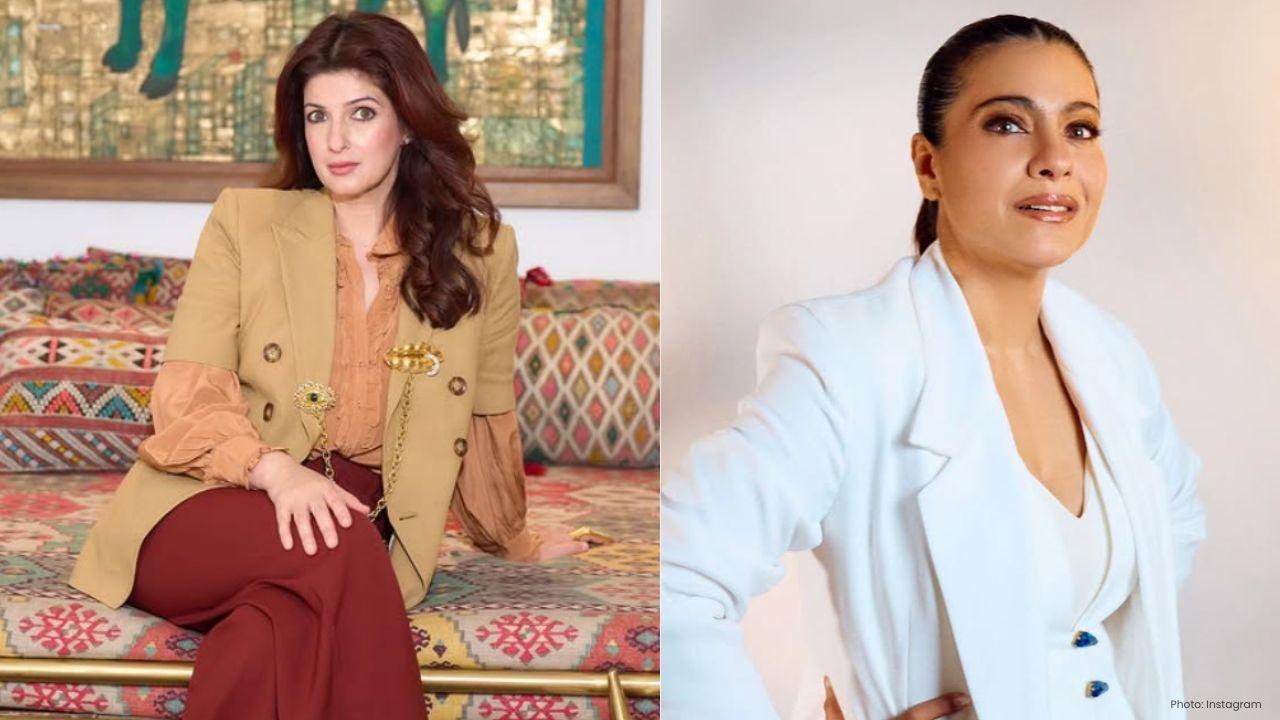

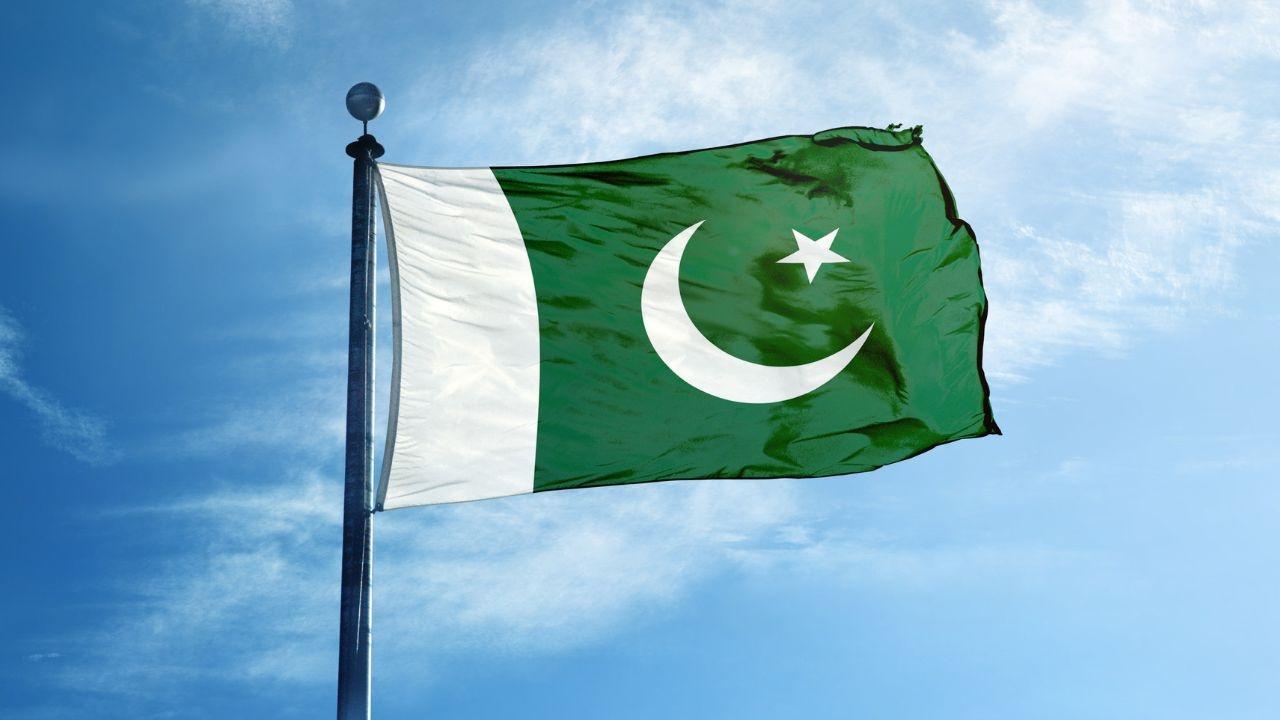
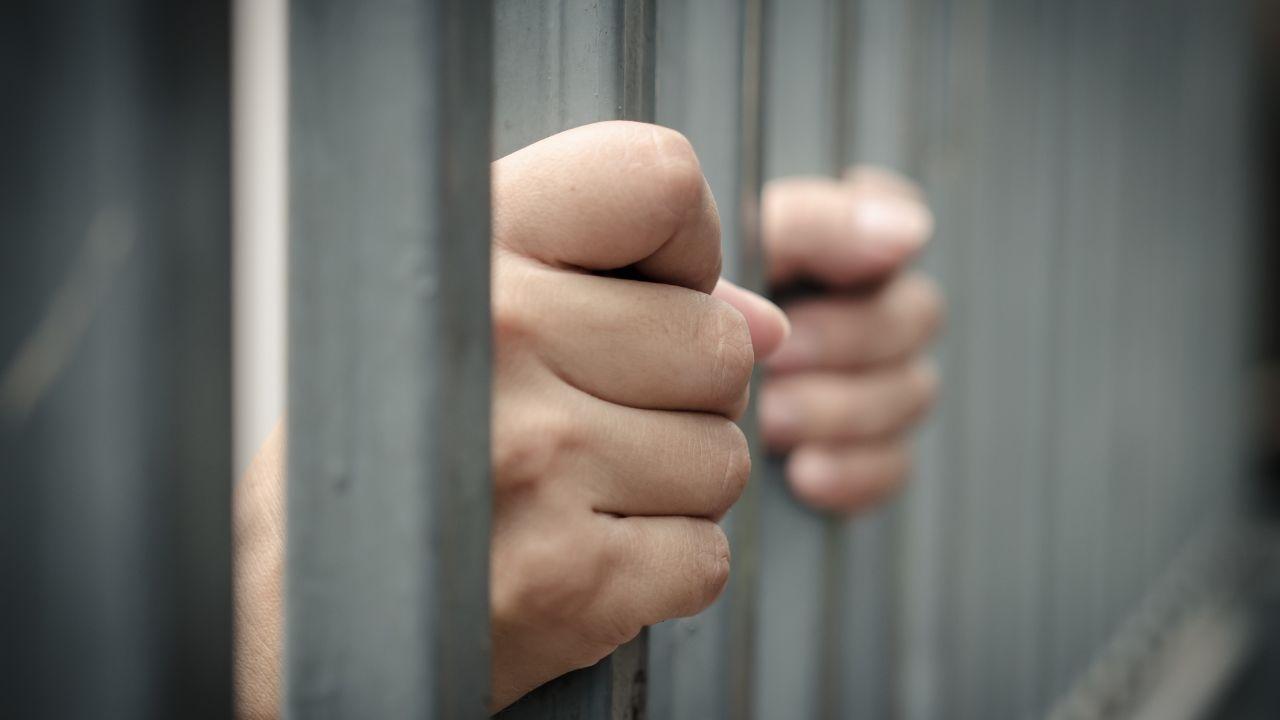
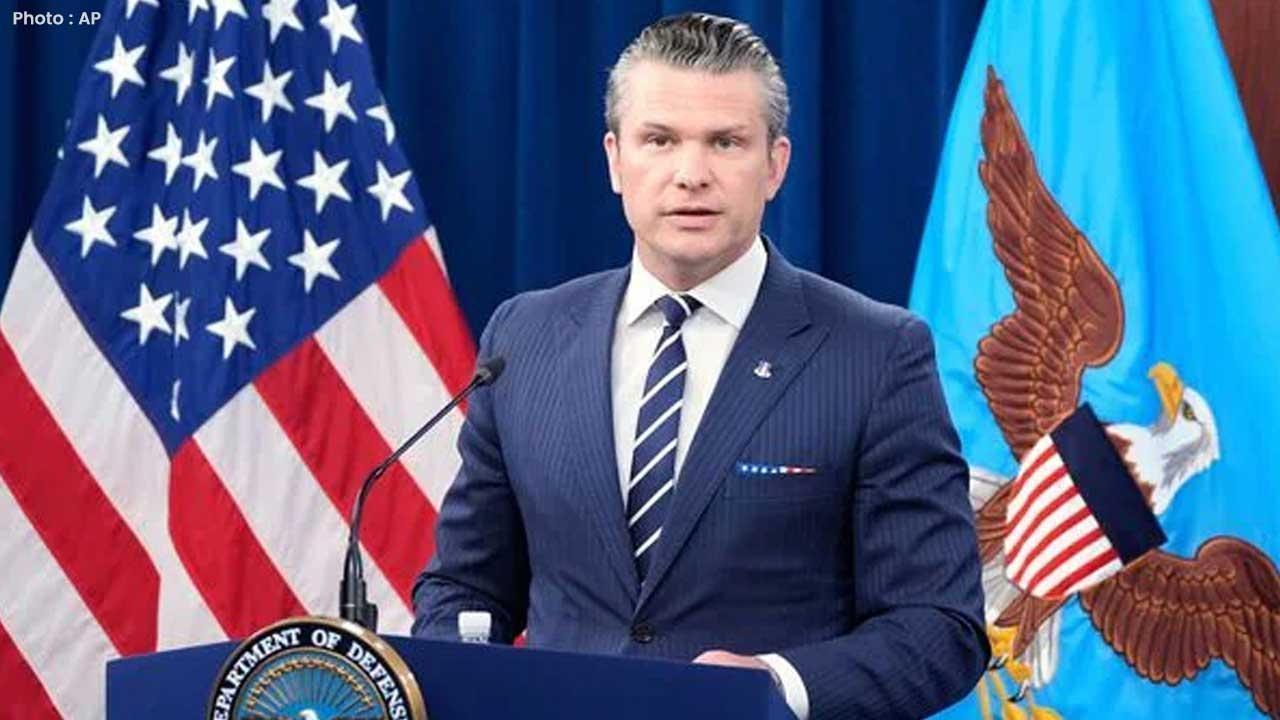


Pageau's Overtime Goal Propels Islanders to 4-3 Victory Over Golden Knights
In a thrilling overtime finish, Jean-Gabriel Pageau leads the Islanders past the Golden Knights 4-3,

MLB Awards: deGrom and Acuna Jr. Shine as Comeback Players
Jacob deGrom and Ronald Acuna Jr. celebrated MLB Comeback Player Awards, alongside Ohtani and Judge
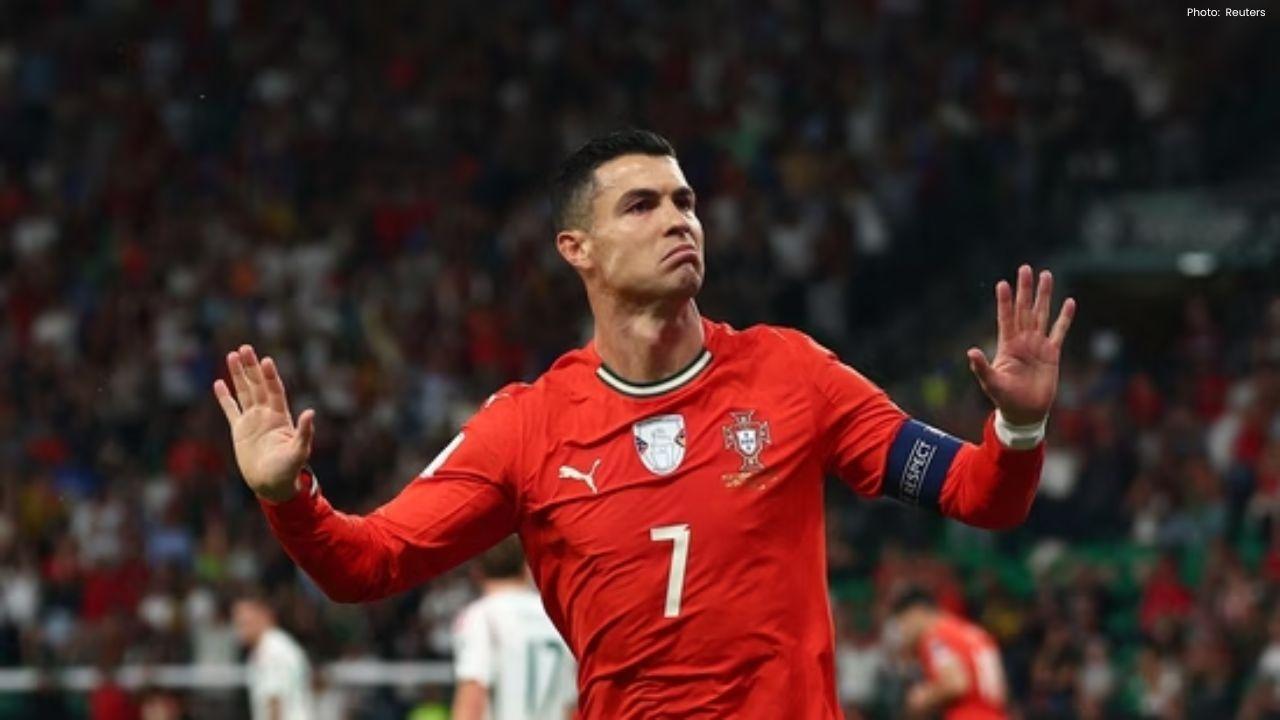
Portugal Confronts Ireland in Pivotal World Cup Qualifier
Portugal, led by Cristiano Ronaldo, faces Ireland in a vital Group F World Cup qualifier that could

Haaland's Brilliance Leads Norway to 4-1 Victory Against Estonia
Erling Haaland showcases leadership as Norway crushes Estonia 4-1, boosting their World Cup ambition

Hawks Triumph Over Jazz; Suns and Raptors Secure Victories
Hawks' Onyeka Okongwu and Jalen Johnson lead in a thrilling win against Jazz; Suns and Raptors also

Indian Men's Recurve Team Clinches First Asian Gold in Nearly Two Decades
The Indian men's recurve team triumphed over South Korea, securing their first Asian gold in 18 year